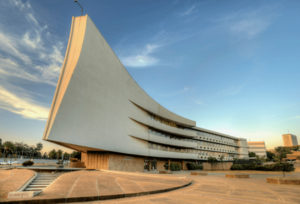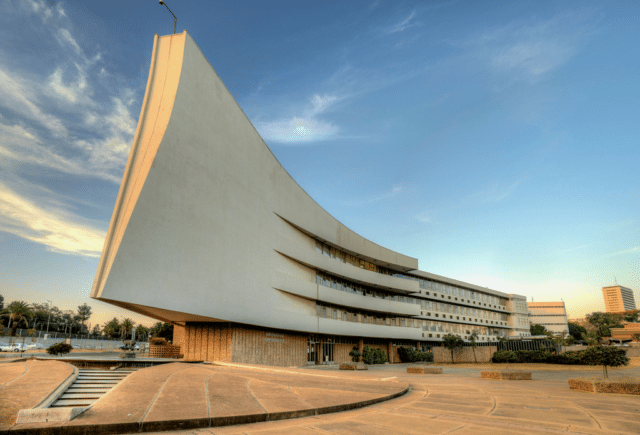The University of Pretoria (UP) has faced its fair share of troubles over the years, with sexual harassment allegations being the most concerning. A Parliamentary meeting was recently held to discuss the progress of transformation within the institution.

A Parliamentary meeting was held on the 14h of September, 2022 to discuss the transformation journey of the University of Pretoria (UP).
The University has dealt with a range of issues, including its strategic goals, enrolments, funding, targets, the National Student Financial Aid Scheme (NSFAS), student accommodation, safety and security, as well as its financial position.
Most worrying, is the sexual harassment allegations that have arisen on the institution’s campus, threatening the safety of students.
During the meeting, the problem of sexual harassment allegations were repeatedly raised by Parliamentary Members as a significant matter of concern. The Council of the University was then asked to investigate these allegations and provide a report within a month.
Gender-Based Violence and sexual harassment/assault at places of higher education have been a point of concern for a while now.
In 2019, students at UP took to the streets, marching to the Brooklyn police station to demand that a fellow student be arrested after a charge of rape was opened against him.
The victim reported the assault after learning of Uyinene Mrwetyana, a UCT student who was raped and murdered during the same week of the protests at UP.
In August of this year, the Minister of Higher Education, Science and Technology, Blade Nzimande, addressed the issue of Gender-Based Violence towards women taking place on university campuses across South Africa.
During a speech at the Ministerial Higher Health Roundtable on Youth Health and Wellness on the 22nd of August, the Minister cited figures of the South African Medical Research Council, which revealed that 10% of all rape cases reported in the country come from institutions of higher learning.
The threat of enduring harassment or assault while attending university is prevalent, particularly for the young women enrolled in the country’s many institutions.
“The post-school education and training sector (PSET) is home to over 2,5 million youth, where more than 51% of these are adolescent girls & young women between the ages of 15 – 24 years old, with statistics from the Medical Research Council (MRC) indicating that 10% of all reported rape cases come from the higher education sector,” said the Minister at the time.
Although women have gained more access to opportunities for education, the fear and danger of experiencing assault and violence stays with them as they venture into higher education.
GBV continues to run rampant in South Africa, which has earned the title of being the “rape capital of the world” by Interpol.
President Cyril Ramaphosa declared GBV against the country’s female population a “second pandemic” in 2020, noting that it needed to be taken as seriously as the coronavirus.
